The Phoenician Scheme review
To fixate only on Wes Anderson’s whimsicality, as detractors and fans alike so often do, is to miss the moonrise kingdom for the trees. Yes, the man loves his fancifully artificial worlds, but they are not as airtight as they appear: The darkness of real life keeps breaching their colorful dollhouse walls. That was true of The Grand Budapest Hotel and Isle of Dogs – delightful capers that smuggled in timely warnings about creeping fascism. And it’s true, in a wry and almost perverse sense, of the writer-director’s latest concoction, The Phoenician Scheme, the first Wes Anderson movie in ages that feels less than the sum of its meticulously arranged parts. Though set, like many of his other films, in a hyper-stylized recreation of the past, this zany comedy feels awfully topical in its focus on a wealthy mogul pursuing profit without scruples, screwing over business partners, and subjecting the markets to his whims. What could be more provocative, right at this moment, than asking audiences to root for one of the richest men in the world?Not that there’s anything terribly modern (or Muskian) about Anatole “Zsa-Zsa” Korda, the dashing, amoral 1950s Euro industrialist Benicio del Toro plays with a deadpan squint in this spinning top of a movie. Our contemporary, real-life robber barons, the titans of tech, have no style or mystery to speak of. Korda has both to spare. He is a classic Andersonian protagonist: incorrigible, inscrutable, impeccably dressed, an absentee father of the kind Bill Murray and Gene Hackman memorably devised for Anderson. He may well be immortal, too. The Phoenician Scheme opens with a dramatic attempt on his life and premature report of his death – a plane crash that leaves him battered, bruised, but still breathing. It won’t be his last close call over the 100 minutes that follow. Unsuccessful assassination is a running gag.Korda emerges from the hospital temperamentally unfazed but with a sudden conviction to pass down his empire to his only daughter, Sister Liesl (Mia Threapleton), who he shipped off to a convent when she was young and who has devoted her life to the church. Can this novice really accept an inheritance of blood money, especially given the rumor that her father murdered her mother (and his other ex-wives as well)? Dramatically speaking, The Phoenician Scheme should really revolve around their tense reunion, and the clash of her moral principles with his lack thereof. But the relationship gets a little lost in Anderson's busy and, truth be told, rather arbitrary plot: an episodic road trip in which Korda dodges hired guns while attempting to rescue his business interests (including an investment in a fictional Middle Eastern territory called Greater Independent Phoenicia) from a cabal of price-fixing competitors working together to sever his hold on the economy.International finance is about as odd a fit for Wes Anderson as it was for Star Wars: The Phantom Menace.Got all that? One could go on. The Phoneician Scheme certainly does, into bartering and banking and accounting. International finance is about as odd a fit for Wes Anderson as it was for Star Wars: The Phantom Menace. Truthfully, Korda’s quest to piece together enough investment money to stay afloat is really just an excuse to arrange variably amusing cameos from the director’s ever-growing troupe of regulars; there’s a diverting “who’s next” quality to this parade of familiar faces, as Anderson cues up appearances by Tom Hanks, Bryan Cranston, Jeffrey Wright, Scarlett Johansson, Richard Ayoade, Riz Ahmed, and a mightily bearded Benedict Cumberbatch. (While the costuming is as outrageously ornate as we've all come to expect of an Anderson production, this is among his more restrained dioramic recreations of a half-imagined past.) Of the newcomers, Michael Cera makes the most memorable and funny impression as a lovestruck, goofily accented Norwegian entomologist moonlighting as Korda’s traveling assistant. Can this really be his first trip to Wes World? The Scott Pilgrim actor has an exaggerated neurosis that’s a perfect fit for Anderson’s gallery of melancholic cartoons, and he gets a fuller arc than most of the other there-and-gone caricatures. Meanwhile, Threapleton, a scion just like her character (she’s the daughter of Kate Winslet and filmmaker Jim Threapleton), pouts and glowers radiantly; if Liesl is the moral voice of this pop-up book, the young actress playing her complicates any saintliness, managing to make her religious conviction look at once earnest and inextricably tied to her resentment for her estranged bad dad.For all the balls it puts in the air, The Phoenician Scheme is fairly straightforward, even a little flimsy compared to this great director’s body of drolly singular comedies. I found myself missing the intricacy and structural sophistication of his other recent work, like the movingly meta Asteroid City or the under-appreciated omnibus The French Dispatch. If there's a tension, it's b


To fixate only on Wes Anderson’s whimsicality, as detractors and fans alike so often do, is to miss the moonrise kingdom for the trees. Yes, the man loves his fancifully artificial worlds, but they are not as airtight as they appear: The darkness of real life keeps breaching their colorful dollhouse walls. That was true of The Grand Budapest Hotel and Isle of Dogs – delightful capers that smuggled in timely warnings about creeping fascism. And it’s true, in a wry and almost perverse sense, of the writer-director’s latest concoction, The Phoenician Scheme, the first Wes Anderson movie in ages that feels less than the sum of its meticulously arranged parts. Though set, like many of his other films, in a hyper-stylized recreation of the past, this zany comedy feels awfully topical in its focus on a wealthy mogul pursuing profit without scruples, screwing over business partners, and subjecting the markets to his whims. What could be more provocative, right at this moment, than asking audiences to root for one of the richest men in the world?
Not that there’s anything terribly modern (or Muskian) about Anatole “Zsa-Zsa” Korda, the dashing, amoral 1950s Euro industrialist Benicio del Toro plays with a deadpan squint in this spinning top of a movie. Our contemporary, real-life robber barons, the titans of tech, have no style or mystery to speak of. Korda has both to spare. He is a classic Andersonian protagonist: incorrigible, inscrutable, impeccably dressed, an absentee father of the kind Bill Murray and Gene Hackman memorably devised for Anderson. He may well be immortal, too. The Phoenician Scheme opens with a dramatic attempt on his life and premature report of his death – a plane crash that leaves him battered, bruised, but still breathing. It won’t be his last close call over the 100 minutes that follow. Unsuccessful assassination is a running gag.
Korda emerges from the hospital temperamentally unfazed but with a sudden conviction to pass down his empire to his only daughter, Sister Liesl (Mia Threapleton), who he shipped off to a convent when she was young and who has devoted her life to the church. Can this novice really accept an inheritance of blood money, especially given the rumor that her father murdered her mother (and his other ex-wives as well)? Dramatically speaking, The Phoenician Scheme should really revolve around their tense reunion, and the clash of her moral principles with his lack thereof. But the relationship gets a little lost in Anderson's busy and, truth be told, rather arbitrary plot: an episodic road trip in which Korda dodges hired guns while attempting to rescue his business interests (including an investment in a fictional Middle Eastern territory called Greater Independent Phoenicia) from a cabal of price-fixing competitors working together to sever his hold on the economy.
Got all that? One could go on. The Phoneician Scheme certainly does, into bartering and banking and accounting. International finance is about as odd a fit for Wes Anderson as it was for Star Wars: The Phantom Menace. Truthfully, Korda’s quest to piece together enough investment money to stay afloat is really just an excuse to arrange variably amusing cameos from the director’s ever-growing troupe of regulars; there’s a diverting “who’s next” quality to this parade of familiar faces, as Anderson cues up appearances by Tom Hanks, Bryan Cranston, Jeffrey Wright, Scarlett Johansson, Richard Ayoade, Riz Ahmed, and a mightily bearded Benedict Cumberbatch. (While the costuming is as outrageously ornate as we've all come to expect of an Anderson production, this is among his more restrained dioramic recreations of a half-imagined past.)
Of the newcomers, Michael Cera makes the most memorable and funny impression as a lovestruck, goofily accented Norwegian entomologist moonlighting as Korda’s traveling assistant. Can this really be his first trip to Wes World? The Scott Pilgrim actor has an exaggerated neurosis that’s a perfect fit for Anderson’s gallery of melancholic cartoons, and he gets a fuller arc than most of the other there-and-gone caricatures. Meanwhile, Threapleton, a scion just like her character (she’s the daughter of Kate Winslet and filmmaker Jim Threapleton), pouts and glowers radiantly; if Liesl is the moral voice of this pop-up book, the young actress playing her complicates any saintliness, managing to make her religious conviction look at once earnest and inextricably tied to her resentment for her estranged bad dad.
For all the balls it puts in the air, The Phoenician Scheme is fairly straightforward, even a little flimsy compared to this great director’s body of drolly singular comedies. I found myself missing the intricacy and structural sophistication of his other recent work, like the movingly meta Asteroid City or the under-appreciated omnibus The French Dispatch. If there's a tension, it's between Anderson’s affinity for silly slapstick (including a hilarious game of horse in an underground train tunnel) and his more macabre sensibilities. Somehow, this is both his breeziest confection in years and his darkest, treating sudden death as comic punctuation. Is that a reflection of the ruthless worldview of a man like Korda, who sees almost everyone as expendable to his appetites and ambitions? Or is Anderson simply getting in touch with his creative debt to the morbid illustrations of Edward Gorey (emphasis on gory, given one splattery sight gag)?
Korda keeps disappearing into afterlife hallucinations – little defend-your-life tribunals that Anderson shoots in milky black-and-white and populates with more of his favorite actors. Not just an eccentric flourish, these moments are meant to offer a window into the tycoon’s conscience, maybe his soul. There might lie the problem. It’s one thing, even a gutsy thing, to engender sympathy for the oligarchic devil when so many men like him are presently waging class warfare in broad daylight. But Korda, as del Toro plays him with a perpetual poker face, never reveals any hidden layers, any reason to hate or love him. He’s too thin a character – a Royal Tenenbaum without that crucial spark of son-of-a-bitch moxie and mischief. And so The Phoenician Scheme remains an amusing lark, and little else.





























































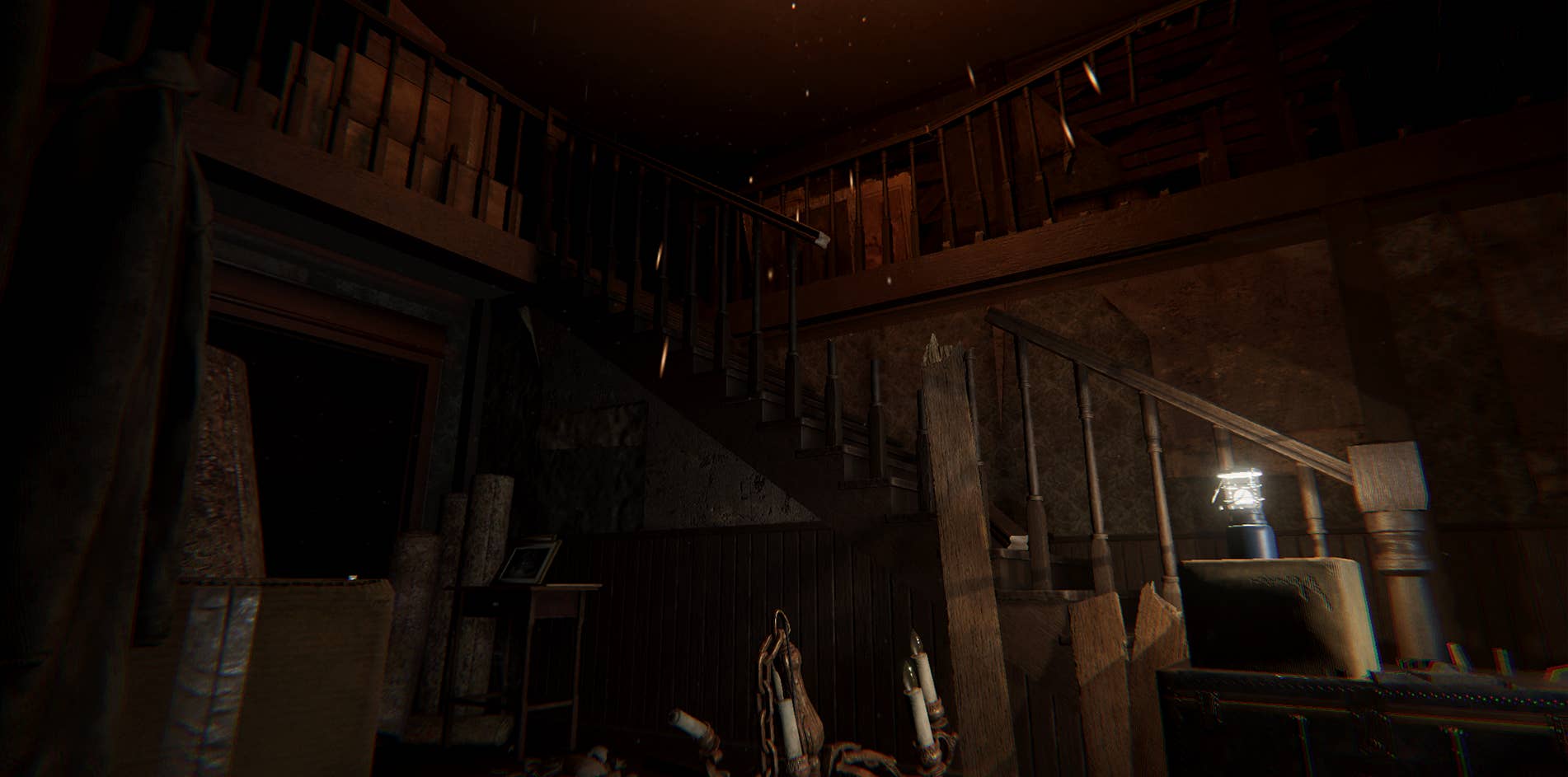















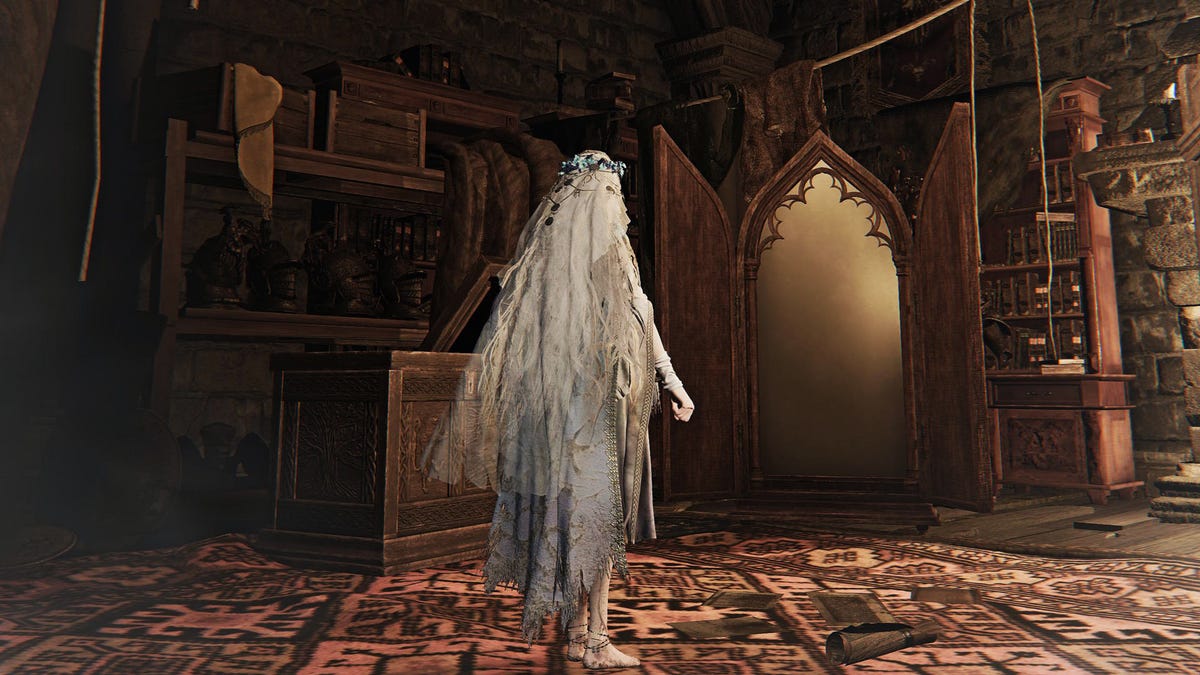
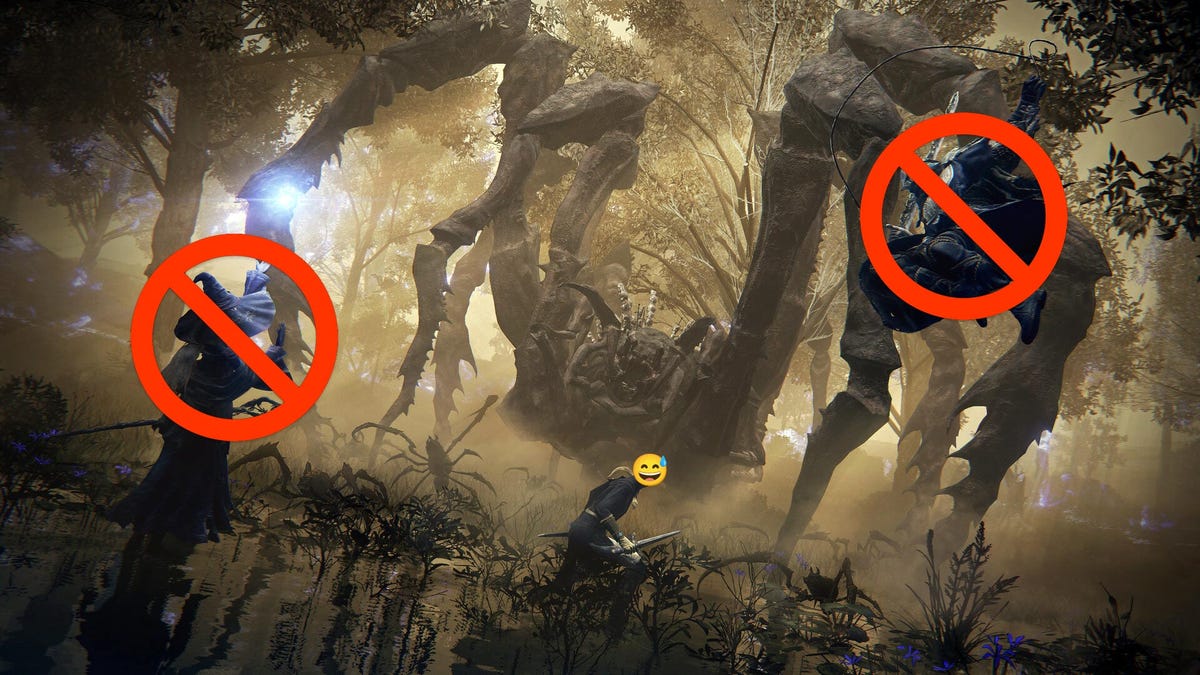
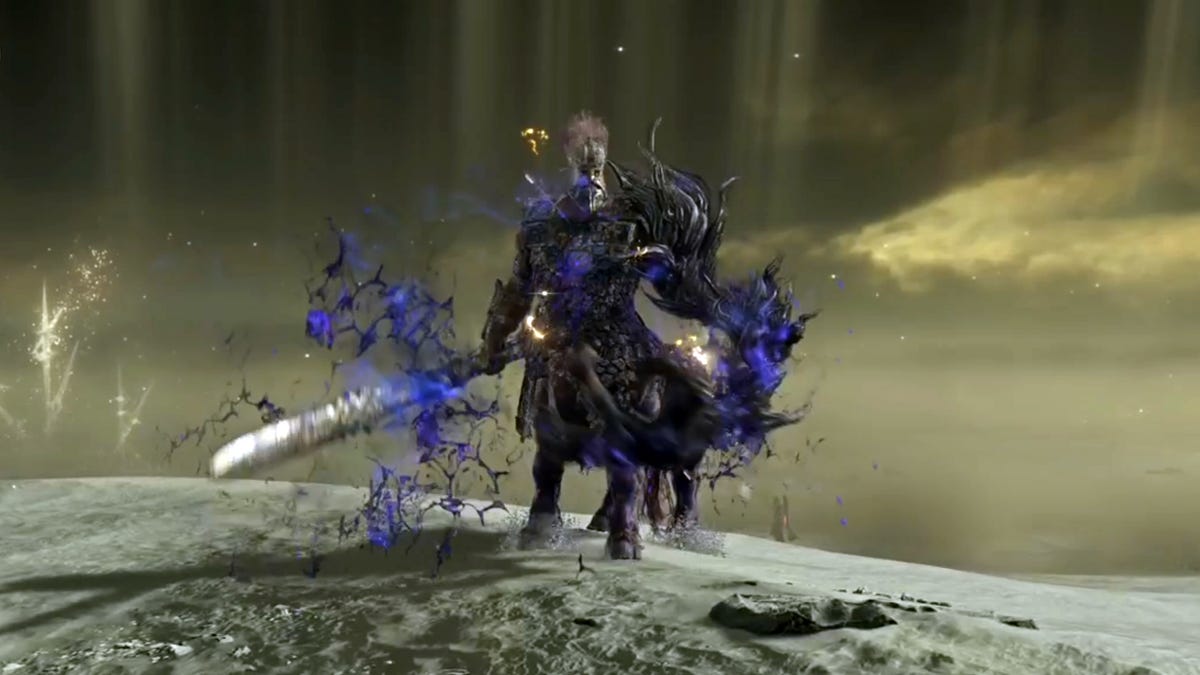




























































































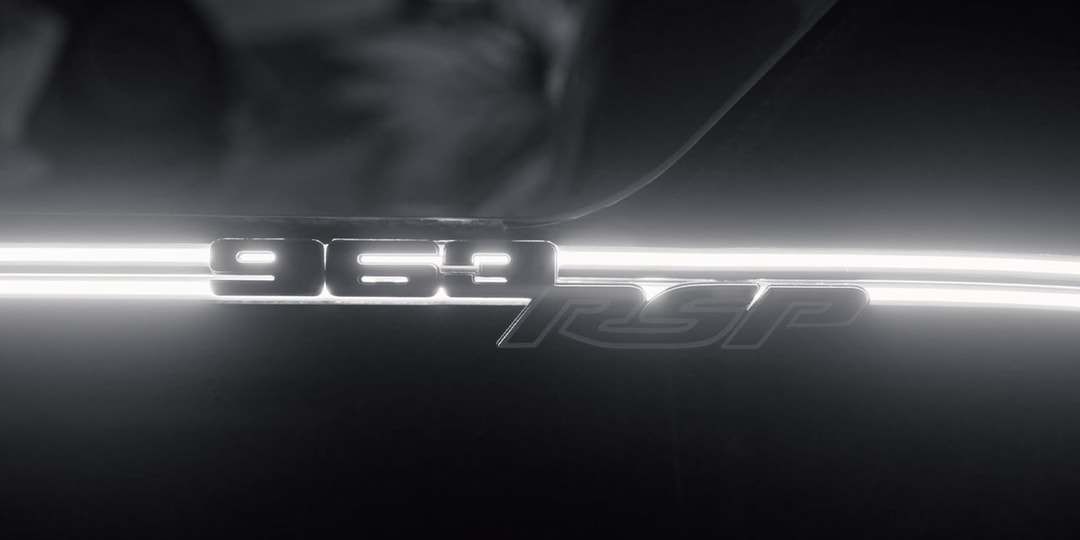









.jpg)









































































